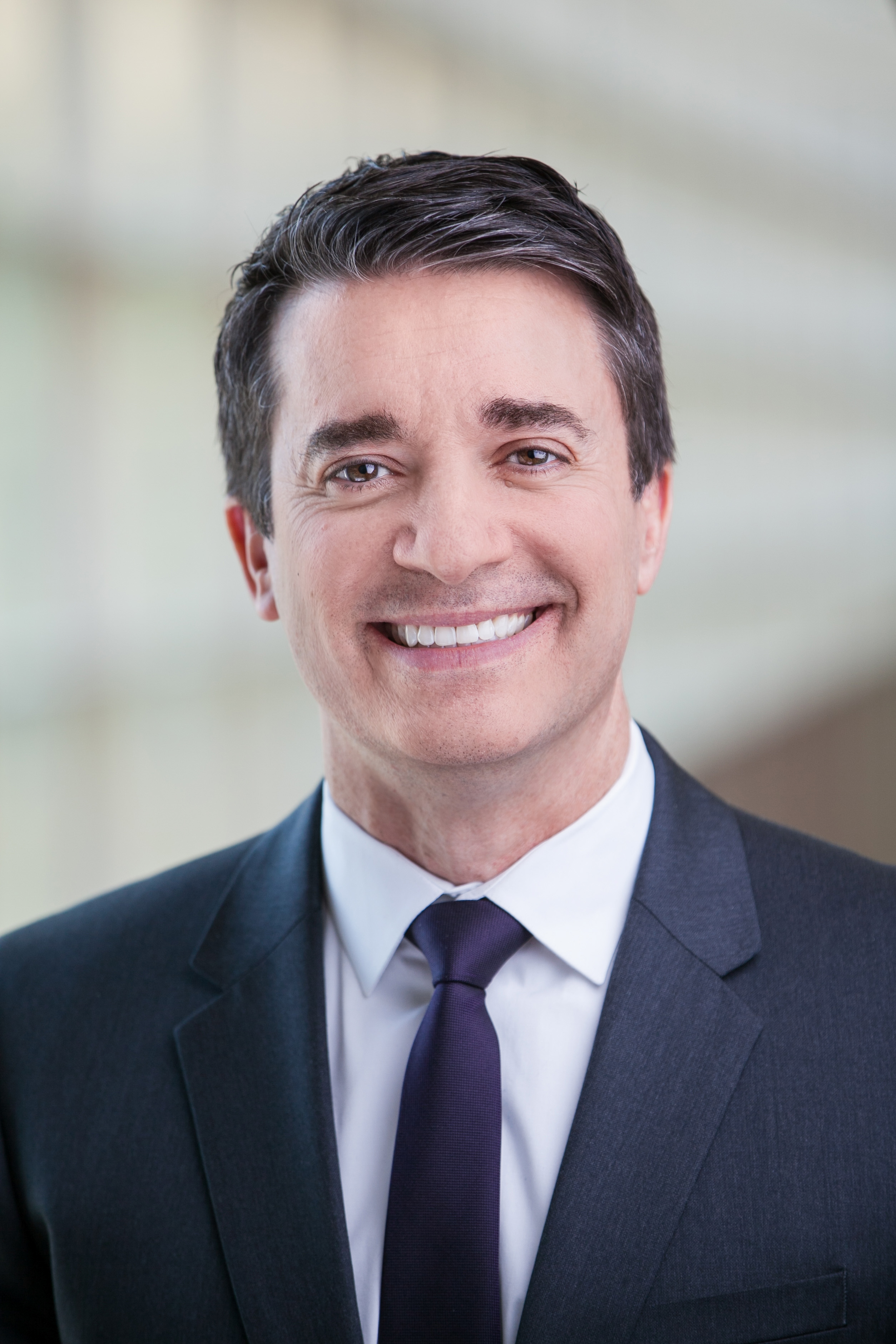Despite the overwhelming data that currently exists about the importance of sleep, many people still don’t think it’s important for them. “I will sleep when I’m dead” is a refrain I have heard from many patients over the years. Sadly, it was often from people who had health issues and didn’t see the relationship between their poor health and poor sleep. Others feel sleep is keeping them from “living life” when the reality is that adequate sleep over time can help them enjoy life. We have a “FOMO” mentality and sleep gets in the way.
Should you even think about your sleep? It can’t be that complicated, right? After all, we do it every day. But do you do it well? When we are busy, what’s the first thing we cut down on? You got it—sleep! We always seem to think there will be plenty of time later to sleep. We view a restful night of sleep as a luxury rather than a necessity, yet science shows that good sleep quality is as important as diet and exercise to a healthy lifestyle. Some people like to brag about how much they accomplish with little sleep. “I only need 4 hours a night” – we all know some folks who say that. Some people still equate lack of sleep with a strong work ethic, even though inadequate sleep impacts our health and ultimately decreases work productivity. Sleep deprivation should not be used as a badge of honor. No one really feels good after an “all-nighter” no matter the reason – important job assignment, school task, or even newborn baby. It certainly is not a good approach when it comes to designing your personal cancer prevention strategy.
I know it may seem difficult to believe that the quantity and quality of your sleep can play a role in the development of cancer. We’ve learned a great deal over the last decade by studying people who work shifts. It disrupts their normal hormonal balance, possibly allowing cancer cells to grow. There’s enough data about the relationship with cancer that shift work has been identified as a likely carcinogen by the World Health Organization. Denmark has paid compensation to women who developed breast cancer after long shifts of night work.
There are a few ways poor sleep impacts cancer risk that you should be aware of:
- Weight Gain
We know that poor sleep can cause weight gain. When you have too little sleep, your body need to put out more insulin to lower your blood sugar and that can cause you to pack on pounds. A lack of sleep also causes disruption with other hormones related to weight and hunger –such as leptin and ghrelin. Basically, these tell you when you’re hungry and full. Poor sleep makes these hormones go in the wrong direction and can cause overeating. There was also a fascinating study recently that showed staying up at night watching TV can cause the “munchies.” As we all know, the foods we eat when we have the munchies are almost always low on nutrition and high in calories. I guess you’re not choosing hummus and carrots late at night, are you?! Even though some cancers are decreasing in the number of new cases, cancers associated with obesity (e.g. pancreas, stomach, gallballder, colon, ovarian) seem to be increasing.
2. Weakened Immunity
Some studies have shown that even just one night of sleeping only four or five hours can decrease the number of our natural killer cells – those critical cells which are used to fight cancer. That doesn’t mean that if you miss a few hours of sleep a few nights that you are going to get cancer. But chronic sleep deprivation is likely impacting your immunity.
Research also shows that if you have several sleepless nights a week, you could have fewer cytokines – those proteins that help fight infections. Surprised? Think about this. What do you do when you have the flu? You stay home and in bed — and you sleep! Why? Because your body needs that sleep to help fight the infection. So, if you have having chronic sleep problems, it seems to make sense that your immunity functions might decrease – which can put you at greater risk for cancer.
3. Waning Cell Production
When your sleep cycle is “messed up”, it can your cells to act abnormally. Instead of normal cells growing, it can cause cancer cells to grow. It seems that poor sleep can make our DNA malfunction. This malfunction allows cancer to overcome some of our natural defenses.
Getting good quality sleep takes work. Luckily, there are a lot of resources online with effective tools. Take the time to prioritize sleep, and in so doing you will decrease your risk of cancer.
To learn more ways you can reduce your risk of cancer, check out “Take Control of Your Cancer Risk.”


